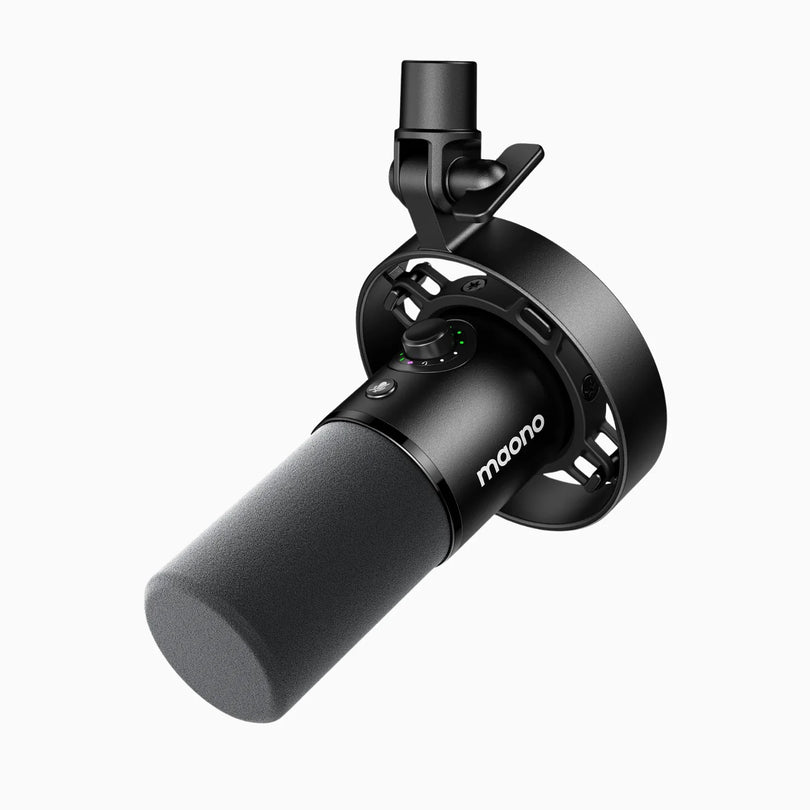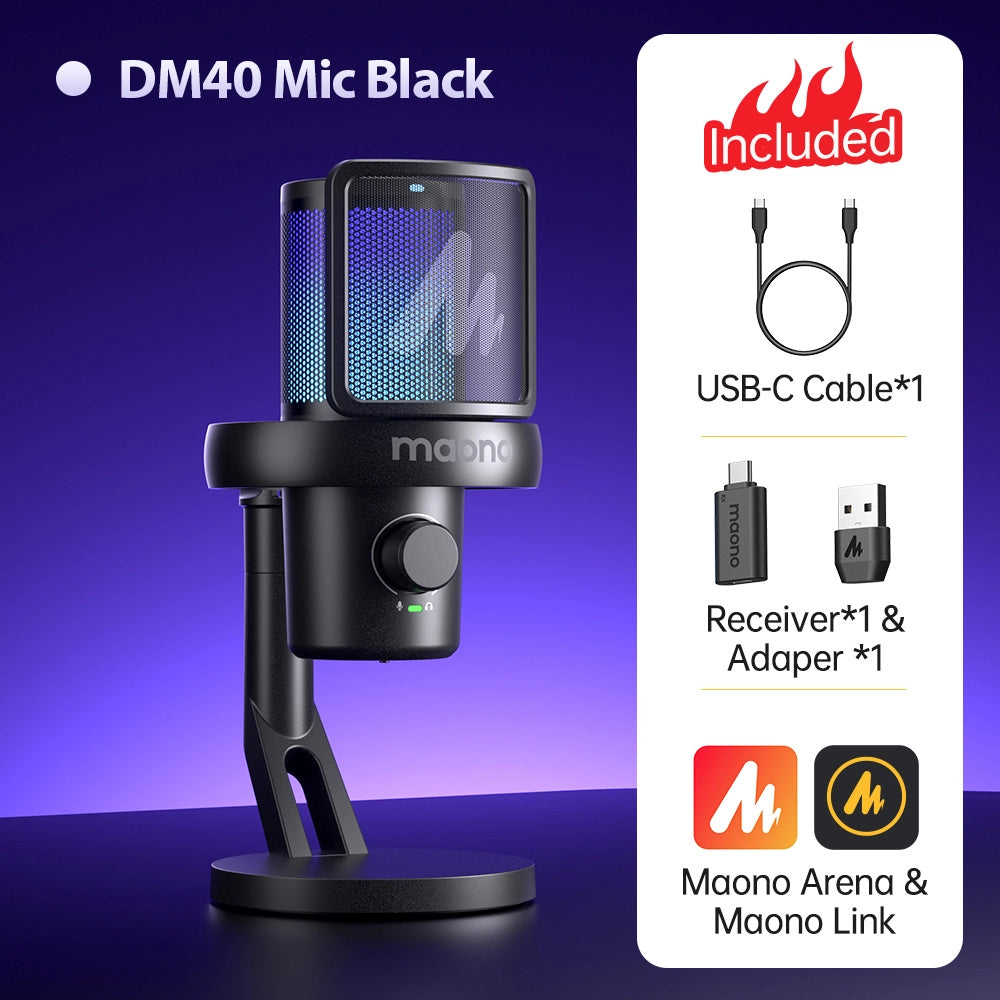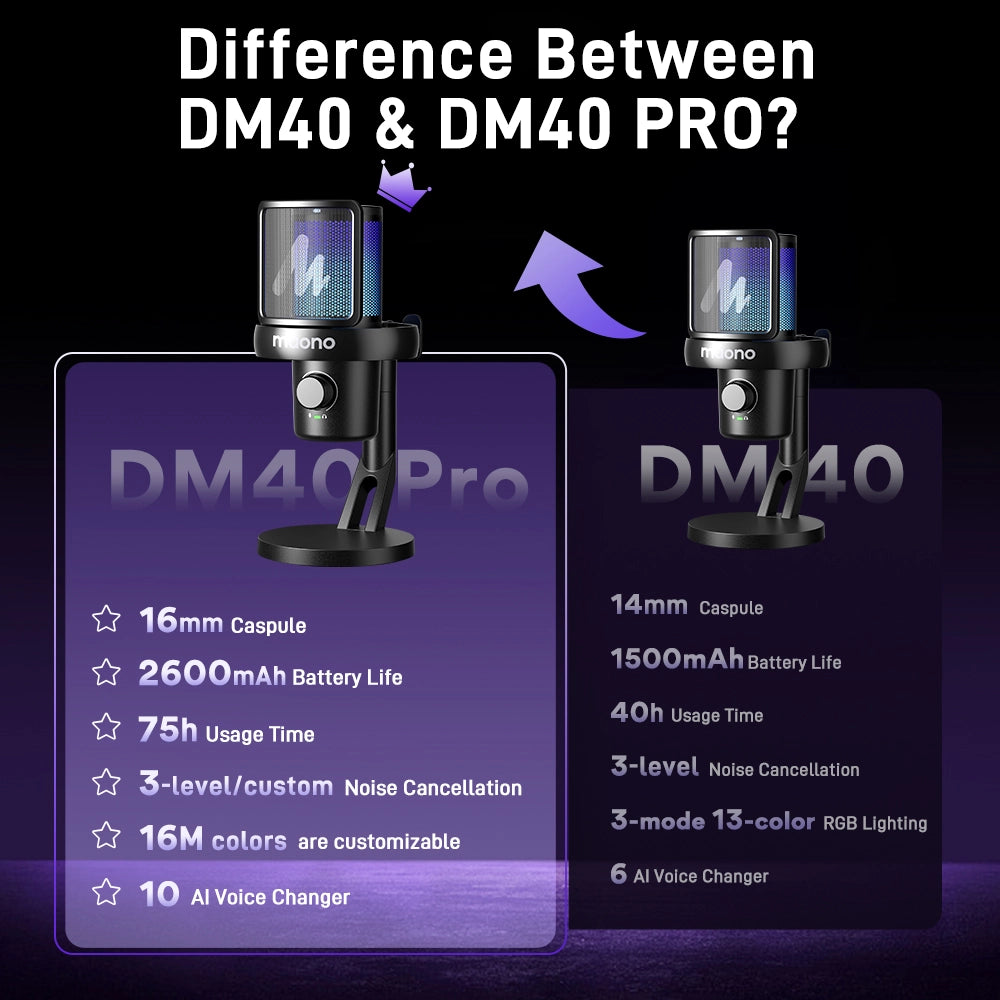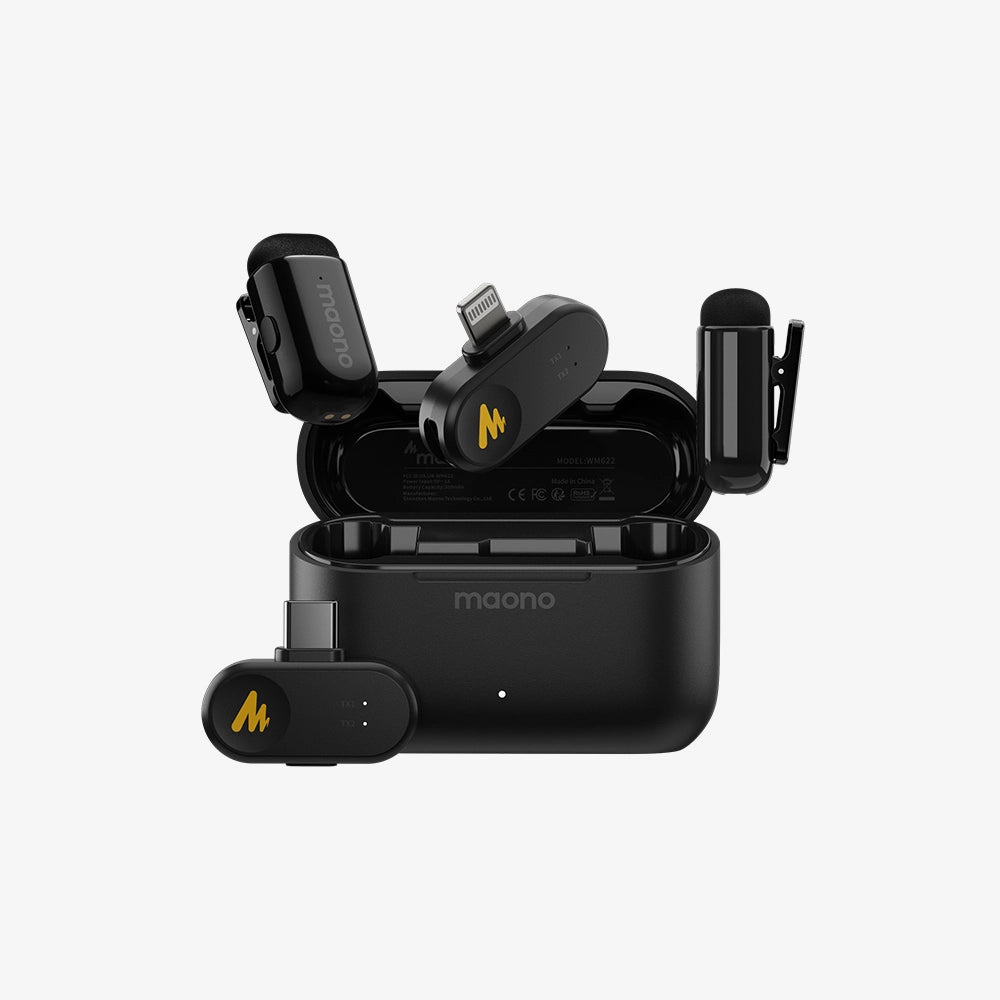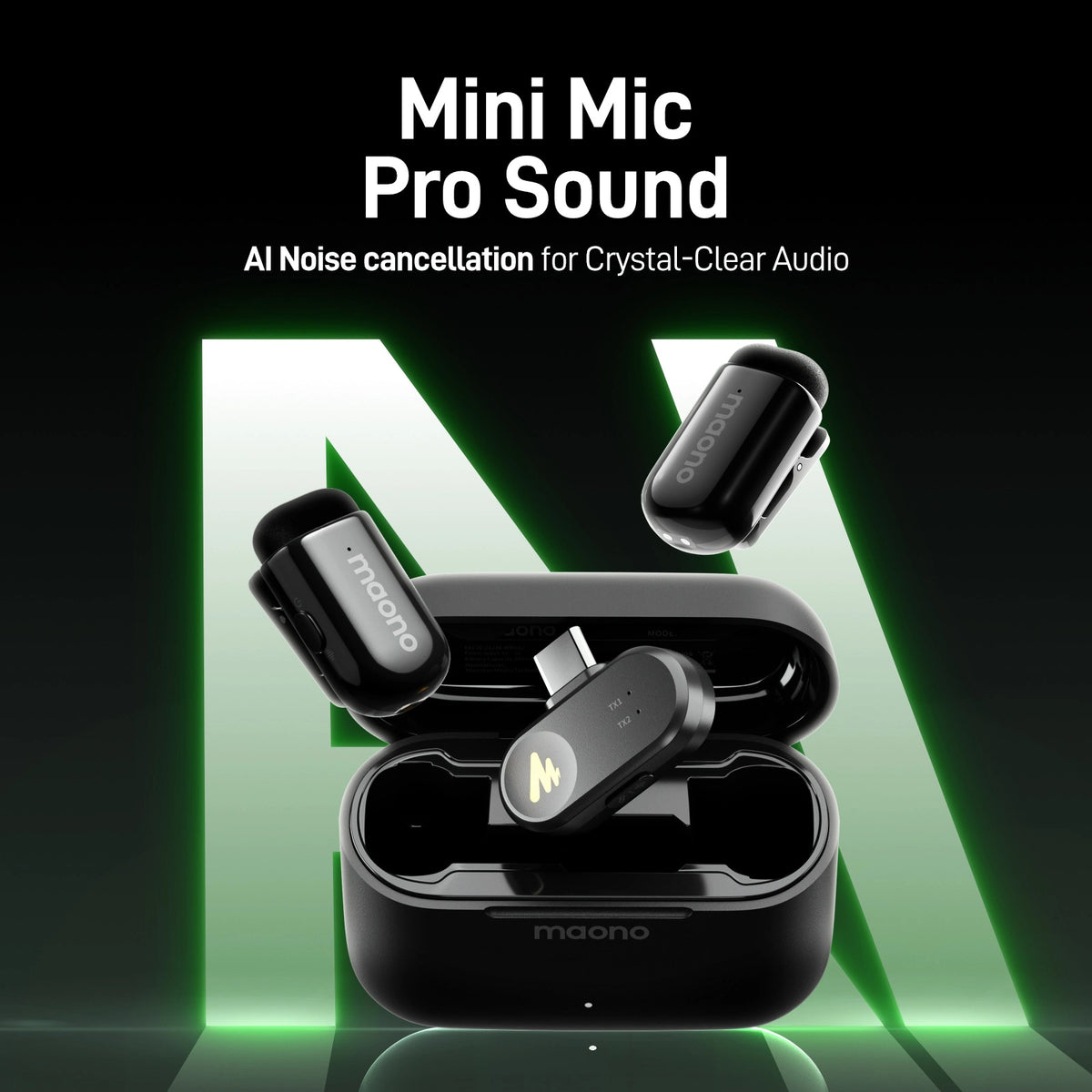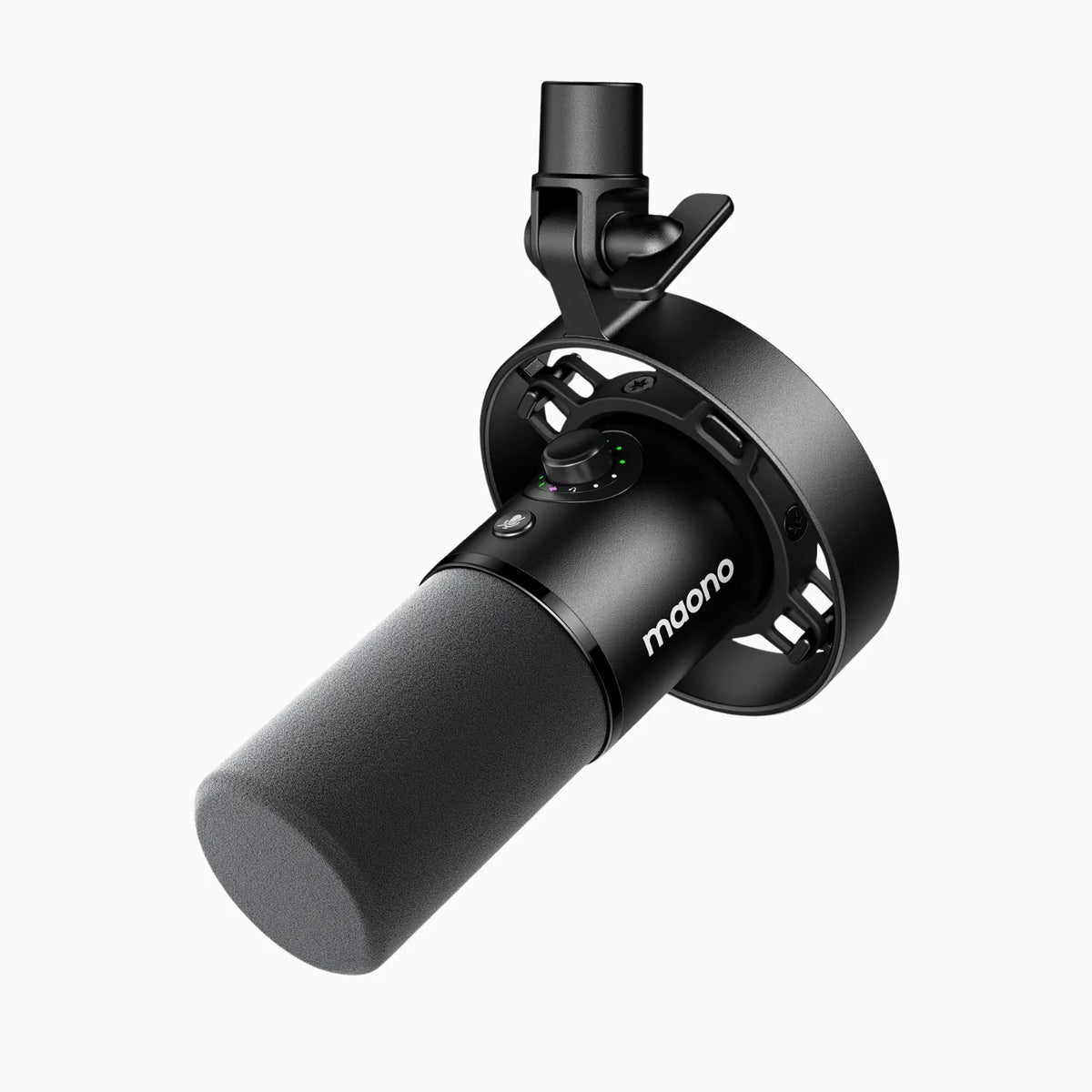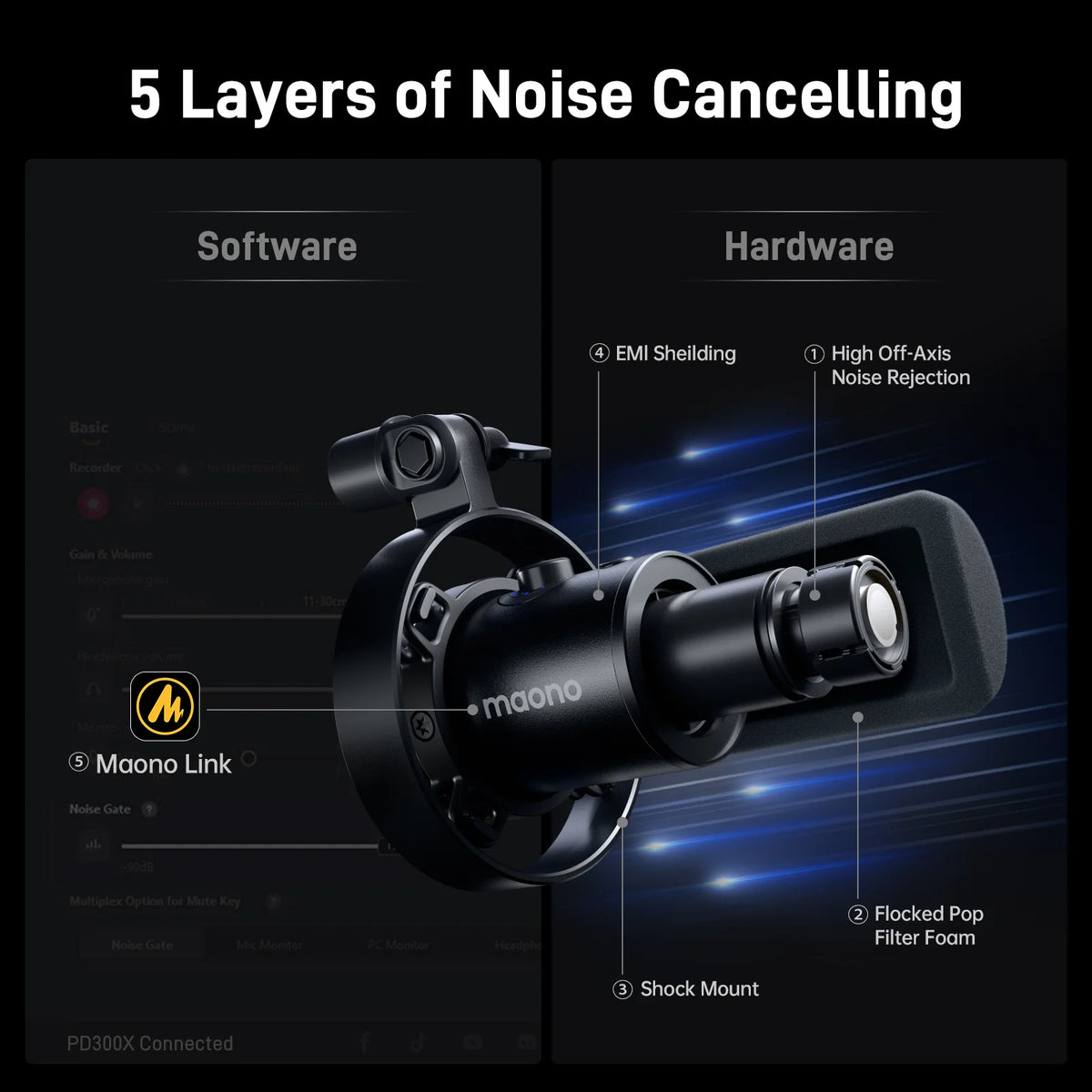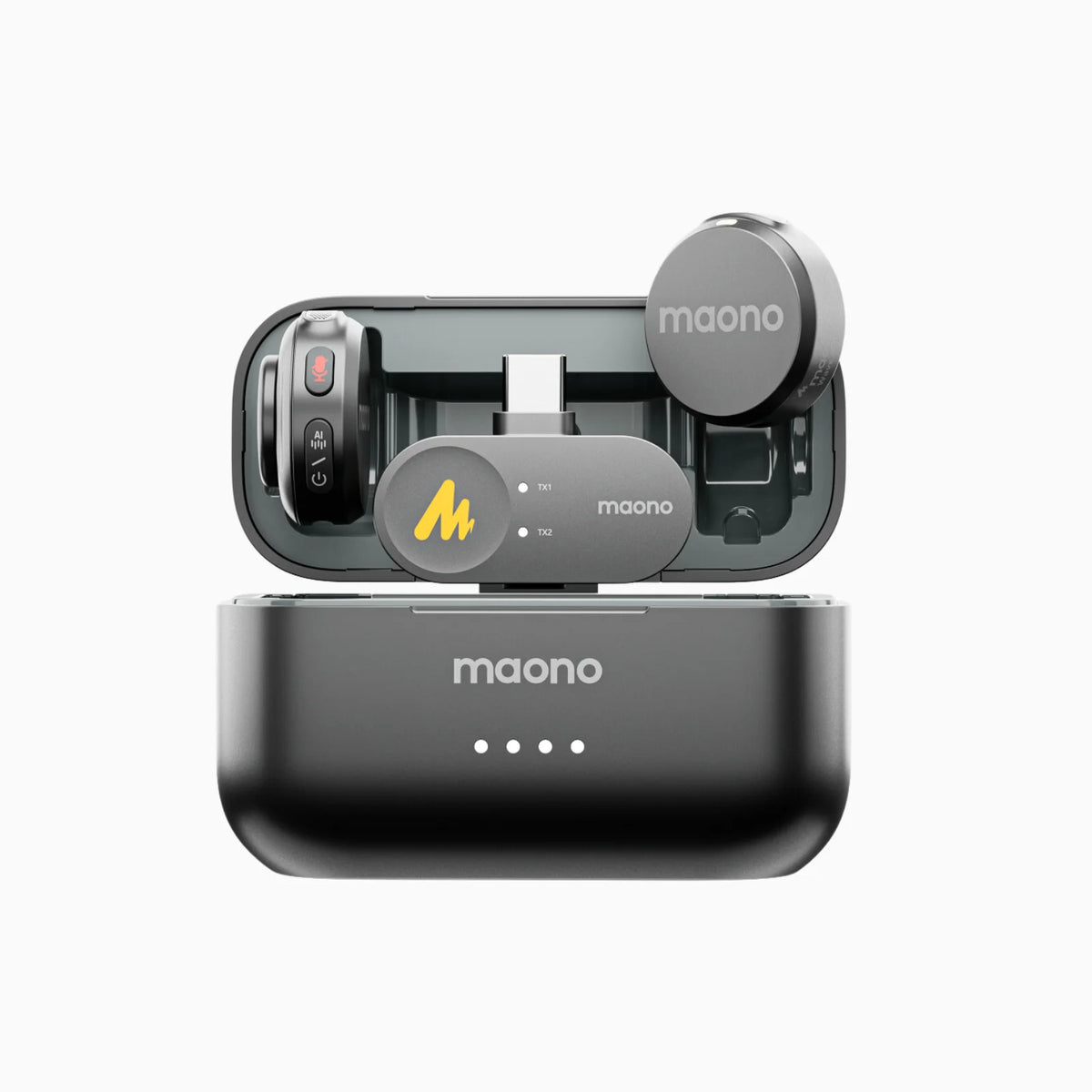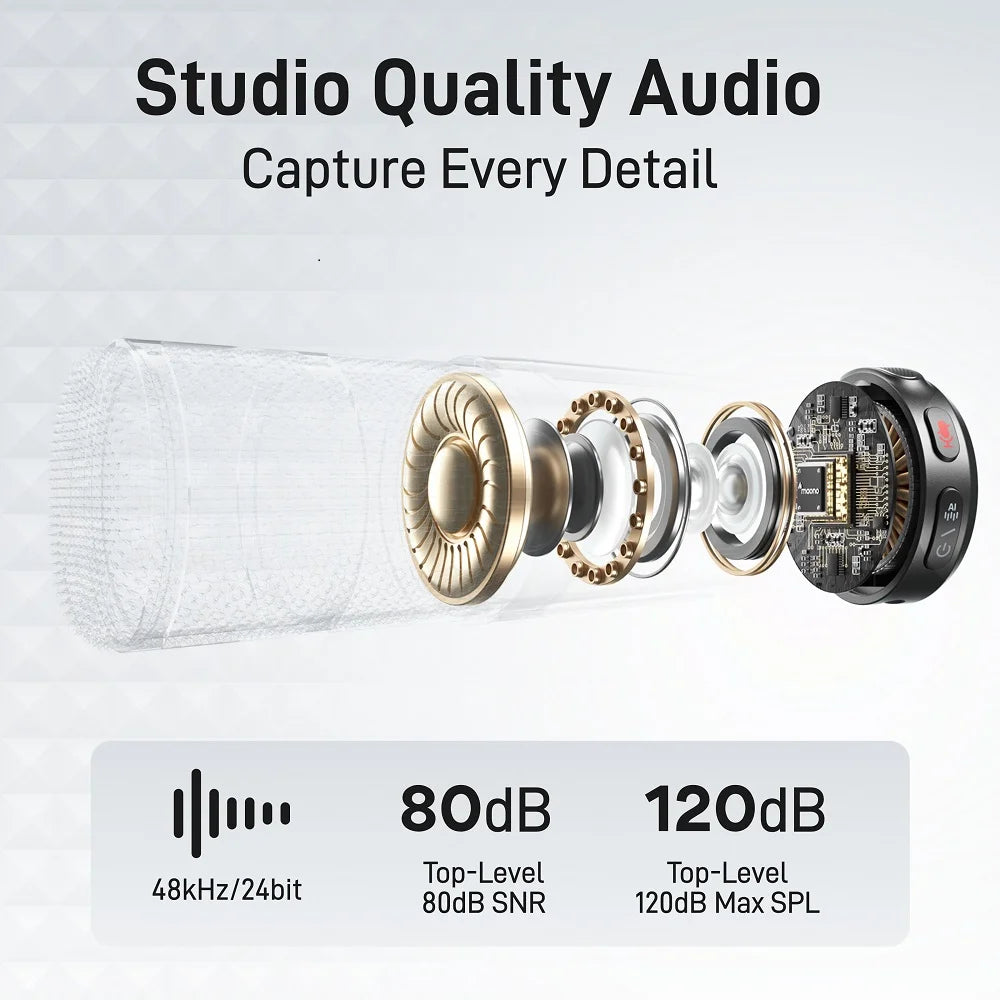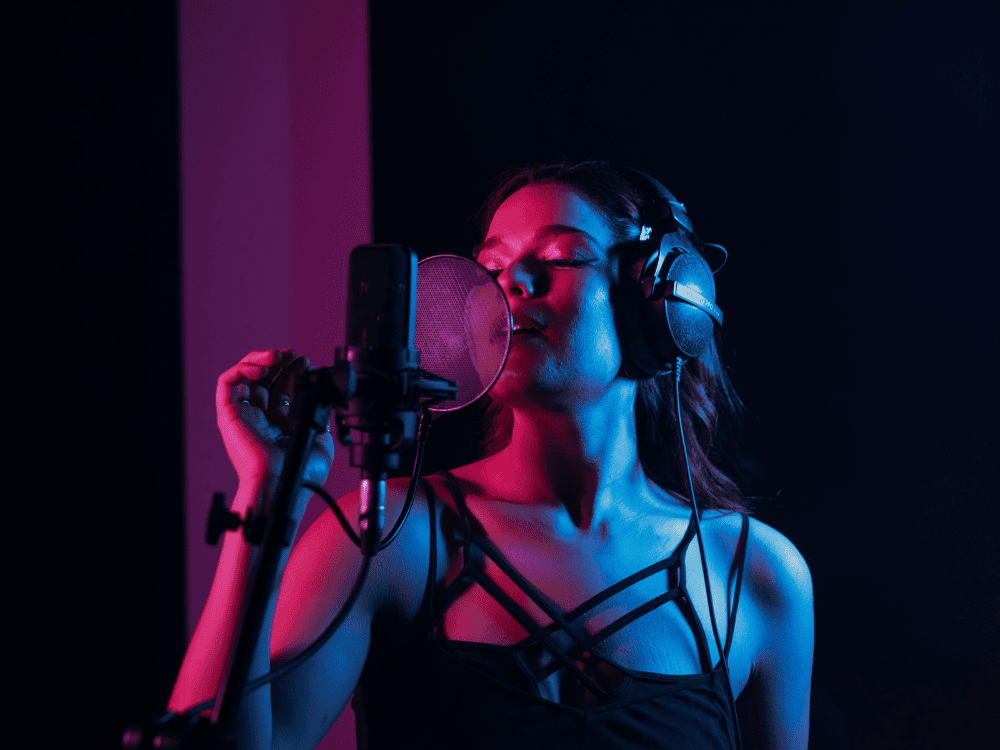Cardioid microphones are a go-to choice for singers and vocalists looking to elevate their recording quality. But what exactly is a cardioid microphone, and why are they so widely recommended for vocals?
Cardioid mic definition:
A cardioid microphone is a type of directional microphone with a heart-shaped pickup pattern. The term “cardioid” comes from the Greek word “kardia,” meaning heart, and refers to how these microphones capture sound primarily from the front while reducing noise from the sides and rear. This unique pattern makes cardioid microphones ideal for environments where focus and clarity are critical, such as studio vocal recordings or live performances.
In this article, we will explore what types of mics use cardioid microphone mics, their advantages for vocals, and frequently asked questions to help singers understand why cardioid pattern microphones might be the best choice for their needs.
What Types of Mics Use Cardioid Microphone Patterns?
What types of mics use cardioid microphone mics? Cardioid polar patterns are found in several types of microphones, including:
-
Dynamic Microphones
These robust mics are commonly used for live performances. With their cardioid pickup patterns, dynamic microphones excel at isolating the singer’s voice while minimizing background noise from the audience or other instruments.
Example: Shure SM58
-
Condenser Microphones
Known for their sensitivity and detailed sound reproduction, Cardioid condenser microphones with cardioid patterns are widely used in studio settings. They excel at capturing the nuances of a singer’s voice, making them ideal for recording vocals and acoustic instruments.
Example: Audio-Technica AT2020
-
USB Microphones
Many USB microphones come with cardioid polar patterns to cater to home recording setups. These mics are easy to use and offer professional-quality sound for singers, streamers, and podcasters alike.
Example: Maono PM422
-
Ribbon Microphones
Although less common, some ribbon microphones feature cardioid patterns, delivering warm and vintage tones for studio recordings.
Tailoring the cardioid pattern to these different mic types allows manufacturers to offer solutions to consumers for various vocal recording scenarios, from studio sessions to live gigs. These are all mics that use the cardioid pickup pattern effectively.
What Are Cardioid Mics Best For?
Cardioid microphones shine in situations where focus and sound isolation are crucial. Their directional nature reduces ambient noise and feedback, making them perfect for:
-
Studio Vocal Recording
Capturing clear and isolated vocals without interference from room acoustics or other instruments.
-
Live Performances
Preventing feedback from stage monitors and ensuring the singer’s voice is projected clearly.
-
Podcasts and Voiceovers
Providing crisp and professional sound quality for spoken word applications.
-
Home Studios
Managing imperfect acoustic environments by reducing background noise.
In essence, cardioid microphones are highly versatile and effective for any situation where precision and clarity are necessary.
Is the Cardioid Microphone Good for Vocals?
Yes, cardioid microphones are excellent for vocals. Here’s why:
-
Focused Sound Pickup
The cardioid pattern captures sound directly in front of the microphone while rejecting unwanted noise from the sides and rear. This ensures that the singer’s voice is clear and prominent in the recording.
-
Feedback Prevention
In live settings, cardioid microphones help reduce feedback from speakers or monitors, making them a reliable choice for vocalists on stage.
-
Enhanced Clarity
Cardioid microphones emphasize the midrange frequencies, which are crucial for vocals, ensuring the voice cuts through the mix.
-
Versatility
Whether you’re recording soft ballads, powerful rock vocals, or spoken word performances, cardioid microphones adapt to various vocal styles and genres.
Frequently Asked Questions:
What Makes a Cardioid Microphone Different from Other Types of Microphones?
The defining characteristic of a cardioid microphone is its directional pickup pattern. Unlike omnidirectional microphones, which capture sound equally from all directions, or bidirectional microphones, which capture sound from the front and back, cardioid microphones focus on sound coming from a specific direction (the front). This directional capability makes them ideal for isolating a single sound source, such as a singer’s voice, while minimizing ambient noise.
How Does the Cardioid Pattern Affect Sound Capture in Vocal Recording?
The cardioid pattern significantly impacts sound capture in the following ways:
-
Reduces Background Noise: By rejecting sounds from the rear and sides, cardioid microphones minimize background noise, ensuring the vocals are clean and isolated.
-
Improves Recording Quality: The focused pickup pattern helps reduce room reflections and unwanted reverberations, especially in less-than-perfect acoustic environments.
-
Emphasizes Vocal Details: With a natural boost in midrange frequencies, cardioid microphones enhance vocal clarity and warmth, making the singer’s performance stand out.
What Maono Cardioid Microphones Are Best for Home Studios?
Maono offers a range of affordable and high-quality cardioid microphones perfect for home studio setups. Here are some top picks:
-
Maono A04
The Maono AU A04 or simply, Maono A04 is a budget-friendly condenser microphone with a cardioid pickup pattern, ideal for beginners. It offers clear sound quality and includes a complete starter kit with a pop filter and shock mount.
-
Maono PM422

The Maono PM422 is a USB condenser microphone featuring a cardioid pattern, this mic provides excellent sound isolation and comes with touch-sensitive mute and gain control, making it perfect for recording vocals and streaming.
-
Maono PM320

This professional-grade condenser microphone known as Maono PM320, delivers exceptional clarity and a wide frequency response. Its cardioid pattern ensures precise vocal capture, making it suitable for advanced home studio setups.
Each of these microphones offers excellent value for money, catering to singers of all skill levels.
Other Top Options for Cardioid Pattern Microphones Great For Singing or Vocal Recordings:
-
Shure SM7B: A dynamic cardioid microphone known for its warm, rich sound and built-in pop filter, the SM7B excels at reducing background noise while capturing vocal nuances. It’s perfect for singers seeking studio-quality recordings with exceptional clarity and low self-noise.
-
AKG C214: A condenser cardioid microphone with a wide dynamic range and high SPL handling, the C214 captures detailed and natural vocal tones. Its shock-mounted capsule and bass-cut filter make it ideal for singers recording in diverse acoustic environments.
Conclusion
Cardioid microphones are a must-have tool for singers who prioritize clarity and focus in their vocal recordings. Their heart-shaped pickup pattern reduces background noise, enhances vocal clarity, and provides versatility for various recording scenarios. From studio sessions to live performances, cardioid microphones excel in isolating vocals and delivering professional-quality sound.
Whether you’re a beginner setting up a home studio or a seasoned vocalist performing on stage, investing in a good cardioid microphone can make a significant difference in your sound quality. With options like the Maono A04 and PM422, achieving excellent vocal recordings has never been more accessible.
Embrace the precision and clarity of cardioid pattern microphones, and take your vocal recordings to the next level.




